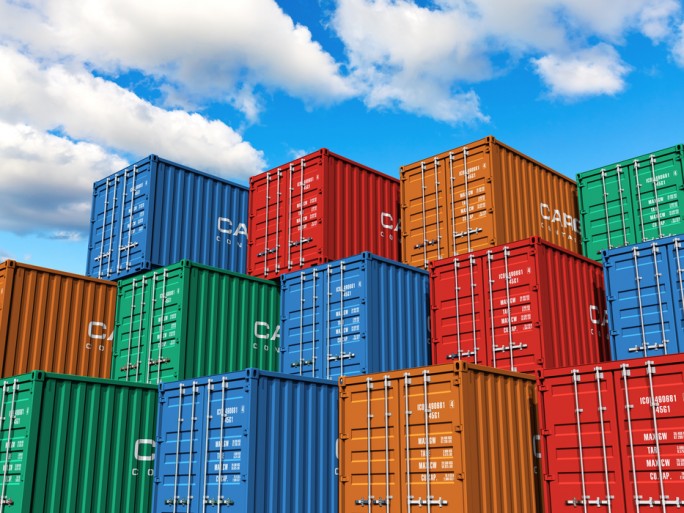Security worries are preventing containers from becoming a mainstream technology, experts have said today at London’s Cloud Expo Europe.
During a panel discussion on the future of containers versus virtual machines (VMs), at Cloud Expo Europe, analysts and vendors agreed that limitations at present were preventing large enterprises from moving large applications to containers.
“It’s a case of maturity. Give it another 18 months and we’ll be a lot further down the line,” said Clive Longbottom, an analyst at Quocirca.
Containers versus VMs
 Whereas VMs require a separate operating system for each application, containers can share common resources with each other, making them more agile and lightweight. However, the absence of an OS makes security a more pressing issue for containers.
Whereas VMs require a separate operating system for each application, containers can share common resources with each other, making them more agile and lightweight. However, the absence of an OS makes security a more pressing issue for containers.
“What I think is the case in a VM is that the operating systems themselves which are within the VMs tend to have been in place for a while, they’re big and heavy and take space, but part of that heaviness is some experience with security, and it takes place on that OS level,” added Joel McKelvey, virtualization marketing manager at all-flash vendor Pure Storage,
With containers, the opposite is true.
“In containers, it’s up to the developer [for security], and their own experience, there is more variability there, which has its pro and cons.”
Efficiency
Pedro Dias, CTO at Portuguese ISP form Ptisp, agreed.
“Right now things are moving fast and changing a lot,” he claimed. “People are not running containers near metal, I don’t know why, but they feel more secure running them on top of VMs because they have that extra security of VMs, they’re not believing containers are safe enough.”
McKelvey also argued that where container technology is right now, containers are not suitable for many enterprise workloads or applications larger businesses want to use them for.
“Right now we’re not there in the container space. Workloads that are best suited to containers are not suited to these big, enterprise applications,” he said.
However, security aside, all panelists were convinced of the efficiency benefits of containers, which are being strongly supported by major vendors and open source organisations alike. Google, Docker, Microsoft and others are all pledging significant resources to the technology, while a host of tech firms have signed up initiatives such as the Open Container Project (OCP).
“Containers are much better because they’re more efficient, you can get more containers onto metal then VMs,” concluded Dias.





